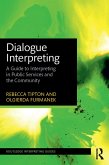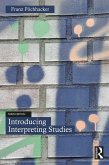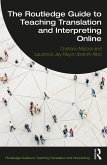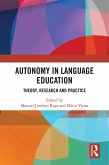Drawing on recent peer-reviewed research in interpreting studies and related disciplines, Dialogue Interpreting helps practising interpreters, students and instructors of interpreting to navigate their way through what is fast becoming the very expansive field of dialogue interpreting in more traditional domains, such as legal and medical, and in areas where new needs of language brokerage are only beginning to be identified, such as asylum, education, social care and faith.
Innovative in its approach, this guide places emphasis on collaborative dimensions in the wider institutional and organizational setting in each of the domains covered, and on understanding services in the context of local communities. The authors propose solutions to real-life problems based on knowledge of domain-specific practices and protocols, as well as inviting discussion on existing standards of practice for interpreters. Key features include:
- contextualized examples and case studies reinforced by voices from the field, such as the views of managers of language services and the publications of professional associations. These allow readers to evaluate appropriate responses in relation to their particular geo-national contexts of practice and personal experience
- activities to support the structured development of research skills, interpreter performance and team-work. These can be used either in-class or as self-guided or collaborative learning and are supplemented by materials on the Translation Studies Portal
- a glossary of key terms and pointers to resources for further development.
Dialogue Interpreting is an essential guide for practising interpreters and for all students of interpreting within advanced undergraduate and postgraduate/graduate programmes in Translation and Interpreting Studies, Modern Languages, Applied Linguistics and Intercultural Communication.
Dieser Download kann aus rechtlichen Gründen nur mit Rechnungsadresse in A, B, BG, CY, CZ, D, DK, EW, E, FIN, F, GR, HR, H, IRL, I, LT, L, LR, M, NL, PL, P, R, S, SLO, SK ausgeliefert werden.
"This book contains a unique blend of theory and practice that is rare in academic publications. Its breadth and depth are truly impressive. Most innovative are the recommended activities in each chapter, focusing on research, performance skills and collaborative dimensions. Instructors and learners alike will find this work extremely useful." Holly Mikkelson, Middlebury Institute of International Studies at Monterey, USA









